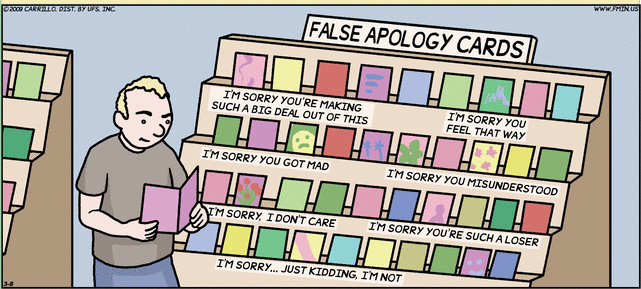Abysmal writing
Katie Roiphe (in the NYT Book Review, 8 March, p. 16) reviews Elaine Showalter's synoptic A Jury of Her Peers: American Woman Writers from Anne Bradstreet to Annie Proulx, and along the way notes that
Showalter's wide net draws in writers like Dorothy Canfield Fisher, whose novel, "The Home Maker," written in 1924, includes the abysmally written passage: "What was her life? A hateful round of housework, which, hurry as she might, was never done. How she loathed housework! The sight of a dishpan full of dishes made her feel like screaming. And what else did she have? Loneliness; never-ending monotony; blank, gray days, one after another full of drudgery." Very few people, I imagine, would argue for the elegance of the prose, but the passage is undoubtedly interesting from a feminist point of view.
I am often baffled by a critic who merely quotes a passage while sniffily dismissing its writing style — without a word about the defects the critic sees in the passage. (I won't comment here on Roiphe's indirect swipe at feminism.)
Read the rest of this entry »
Permalink Comments off



